
Princess Peach and the Fight for Femininity
Classical Femininity...hope, holiness, and courageous grace...is no longer the goal most girls strive to embody. Is Princess Peach, the very epitome of such sublime divinity, also being slowly subverted? Is the lass abandoning the values that give her, and all women, such elegance and lasting class? For some fans, the damage is already well underway.
D
12/14/20234 min read
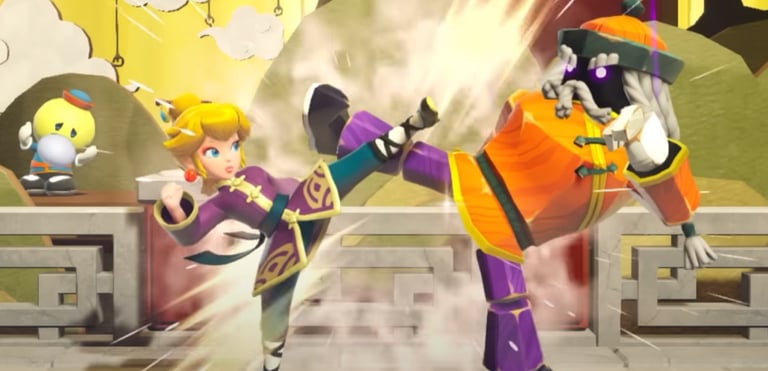

Is the “Princess” of classical antiquity under attack? Being subverted? Being tossed for the “girl boss” or whatever fits the modern definition of “being a lady?”
Becoming “a princess” was once a noble pursuit, a standard women hoped to embody. To be a maiden of beauty, grace, and dignity was to achieve true womanhood—to become the epitome of elegance, to be of warmth and cheer and noble maturity. That was the hope. The mission. The point.
Such notions extend back to the first perfect woman—Mary, mother of Jesus—who so selflessly served both her Son and her God. "The Princess” as defined in the classical vein is a reflection of Mary’s earnest, perpetual charity—a woman of love despite living a life rife with sorrow. If Mary could remain pure and retain her sweet, inner peace despite the horrors of her primitive world, so, perhaps, could any woman—as seen in numerous fairy tales and legends extending back to ancient times.
Even the golden age of Hollywood understood the timeless, eternal, almost Jungian importance of becoming the perfect maiden—that outward beauty with a heart just as alluringly pure, who existed to both nurture and inspire her admirers. Take Donna Reed, a starlet from cinema’s classical period who’s probably best remembered for playing Mary Bailey in the Christmas favorite, It’s a Wonderful Life. Next to modern notions of “heroism,” Mary lives a relatively quaint and quiet life. No swashbuckling or man-shaming here. But as the movie rolls, viewers begin to witness her subtle, unfolding heroism, how her tireless devotion to both family and town helps redeem a weary people and her own bedraggled, hapless husband. She’s the distillation of dignity, of magnanimity magnified, tucked within the lines of a fine woman and loving wife. An angel herself, so to speak, as so often romanticized and conceived. The pristine vision of what a woman can be.
Walt Disney also capitalized on this archetype, his Snow White, Cinderella, and Sleeping Beauty depictions all containing the same generous, hopeful spirit. And when Nintendo came into the forefront years later with its Super Mario Bros. franchise, it, too, capitalized on those classical feminine precepts. Princess Peach, as designed, was not a warrior. Not a dragon slayer or ninja master. She was a Maiden of Grace, the one to represent Peace Eternal in a land beset by perpetual danger. She was the opposite of her persecutor, the bold, cruel, selfish King of the Koopas. She was the tonic to his cruelty. The antidote and antithesis to his selfish brutality. For her people to be good, for Goodness itself to be understood, she had to be good. She had to be Great. A spotless vision. A serene creature. A Majestic Princess.
Which is why Mario—a man—is needed. To fight the fights on her behalf. To keep Peach clean. And to keep her focused not on battle—but building a better kingdom. A better world.
This is why certain fans have a reason to be concerned over the new direction Nintendo seems to be taking the Princess. Would Peach wield a halberd, as seen in the 2023 Mario movie? Would she swing a sword or practice Kung Fu as seen in the upcoming Princess Peach: Showtime? Certainly not, as that would be a betrayal of her demure, peace-seeking nature. But, in an age of falling standards and incessant pandering, such tradition is seen as a trap. A hindrance. Old-fashioned and low-energy. It’s all about the now.
Which is why poor Princess Peach has been captured again…not in body this time, but in kind. Her sweet disposition, her feminine spirit...abducted not by a ridiculous turtle dragon…
...but by another monstrous titan known only as Nintendo.--D
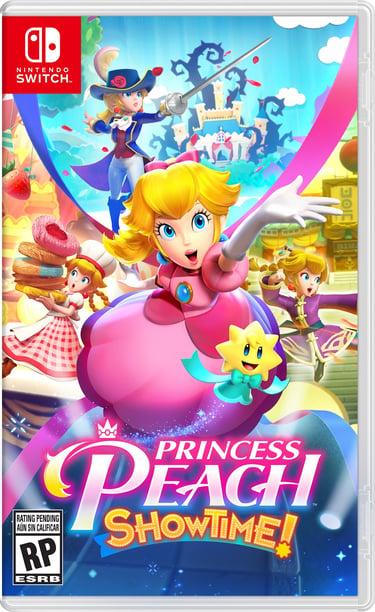

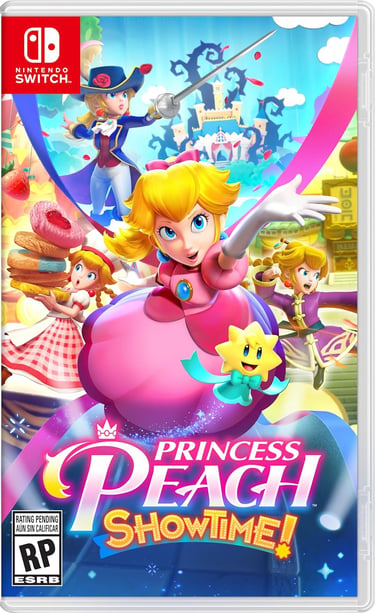

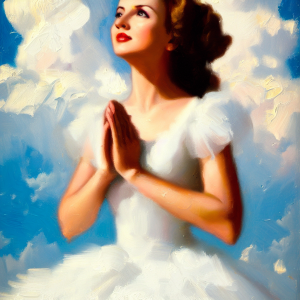

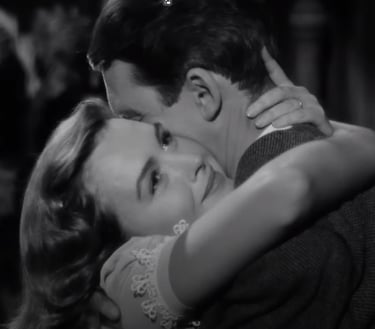

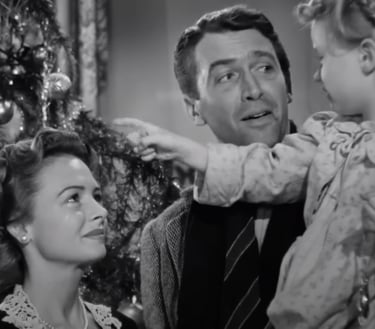

As shown: Princess Peach trading kicks in the upcoming Princess Peach: Showtime. Here, she'll don any number of personas and perform, apparently, any role the game enforces. It's hard imagining even Mario or Wario in such a function, but the serene and gentle Princess Peach? It's a little weird.
The ideal woman of classical definition. Very different from most men...and many modern women.
Donna Reed is one of the Golden Age's most enduring beauties. Here, as Mary Bailey in It's a Wonderful Life, she shines as the devoted wife who, unassumingly and without complaint, keeps her family stable and sane.
The American cover art (left) with the Japanese cover art (right). The Japanese version is the original, but was soon altered for Western shores. Rightfully, some fans have complained, but others have merely shrugged or even applauded the change.
Contact: lostnostalgiaproductions@gmail.com
Website: www.lostnostalgia.com
Like what we're doing? Please consider throwing us a dollar into our Patreon page's tip jar!


